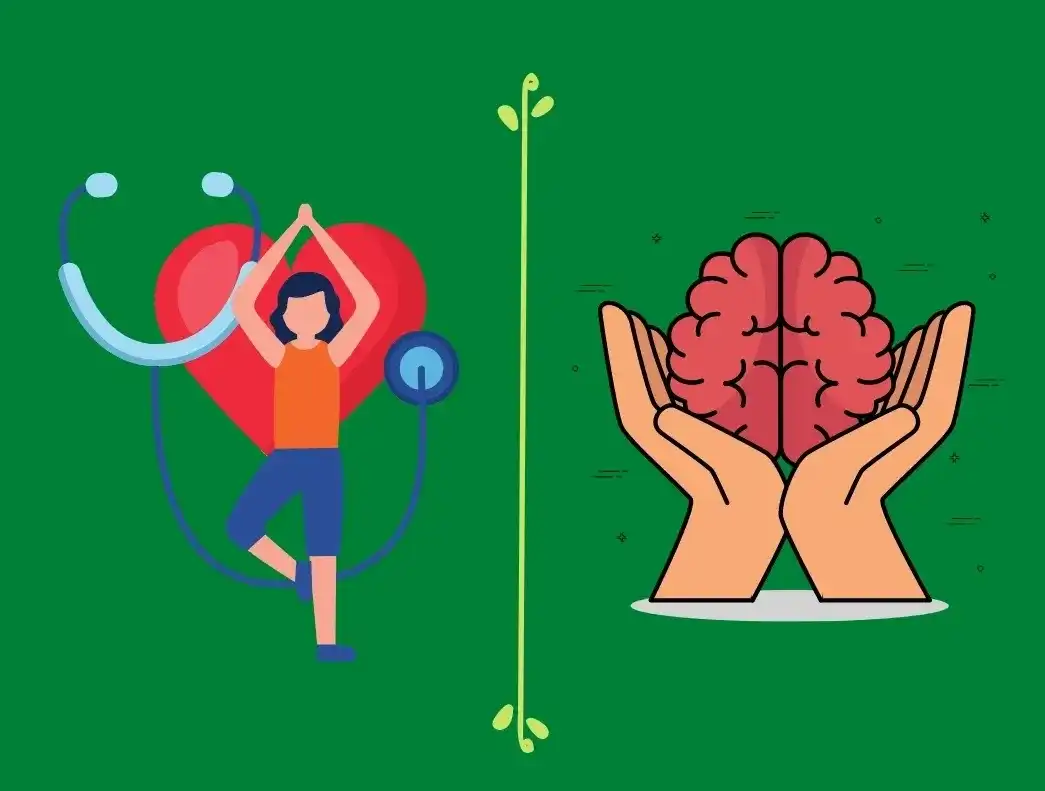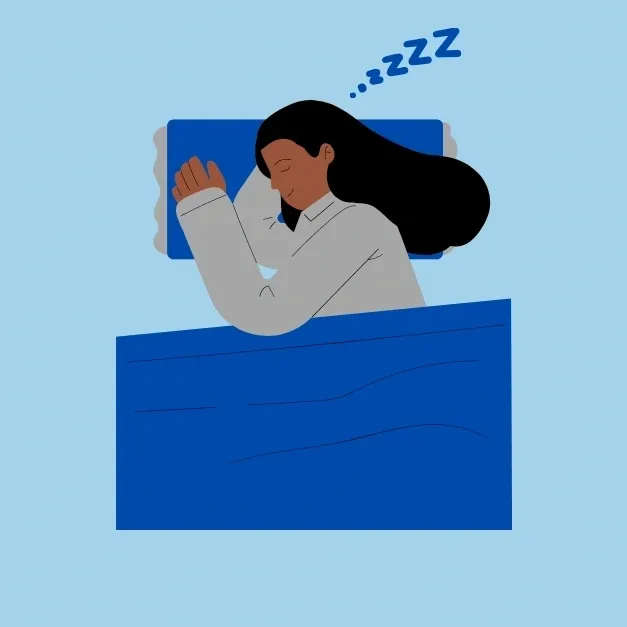 I wonder if you’ve ever felt that you had to prove that you need to take a day off to look after your mental health, manage stress or just take some time to yourself? Or maybe you’ve been questioned by family, friends or colleagues as to why you needed time off the other day? It can be easy to convince yourself that needing some self care is not a ‘good enough’ reason to take time off work – and to compare your situation to that of others (maybe you’re less deserving than them because your situation isn’t ‘as bad’). Often this can bring a lot of guilt or shame in wanting to take a mental health day – and then if you do actually take time off you may not actually benefit from it as you’re too worried about taking time off in the first place.
I wonder if you’ve ever felt that you had to prove that you need to take a day off to look after your mental health, manage stress or just take some time to yourself? Or maybe you’ve been questioned by family, friends or colleagues as to why you needed time off the other day? It can be easy to convince yourself that needing some self care is not a ‘good enough’ reason to take time off work – and to compare your situation to that of others (maybe you’re less deserving than them because your situation isn’t ‘as bad’). Often this can bring a lot of guilt or shame in wanting to take a mental health day – and then if you do actually take time off you may not actually benefit from it as you’re too worried about taking time off in the first place.
Why is it that when we take a sick day when we have a cold or stomach bug, it is deemed to be appropriate, or even necessary to get back into full health, but when we take a ‘mental health day’, it is stigmatised or disbelieved? It appears that having a physical illness/sickness is considered more ‘real’ by society as it is more visible and can be proven quite easily. On the other hand, invisible illnesses (including mental health issues but also chronic pain/fatigue, endometriosis, diabetes, lupus or Crohn’s disease) are often considered less of a reason to take time off work.
Many people appear push themselves to keep going through mental health difficulties despite having personal leave available as they fear they may need this for more ‘serious’ time off. But when you’re feeling burnt out, stressed or not quite like yourself, your workplace, colleagues and performance can actually suffer – with loss of productivity, focus, energy and involvement being some of the main consequences (just to name a few). Maintaining good mental and emotional health is an imperative part of looking after your overall well-being – without doing so you can easily become stressed, burnt out, resentful and lose concentration or motivation. Of course there is a difference between feeling off because you can’t be bothered going to work, and genuinely feeling that your functioning will be impaired by your emotional state – that is something you must learn to distinguish between and act upon. Having the self-awareness to be able to recognise when you might be struggling and need time off is a skill that we could all do well to learn more about.
Unfortunately many workplaces don’t have policies in place that de-stigmatise mental health days and communicating the need to take time off for your mental health may be difficult or cause conflict with your managers. You may also feel that it would be easier to continue working in the face of poor mental health to avoid an awkward conversation with your workplace. But please remember that you have no obligation to give detailed reason for needing to take personal time away from work – as long as you’re not being dishonest, there’s no need to justify or explain yourself further. In fact, your employer cannot discriminate against you (by firing you, changing your terms of employment or demoting you) based on your mental health.
In the end, taking a sick day for a mental health concern is really no different to taking a sick day for a physical health concern – and we hope that by talking about these issues more and more, it will become more ‘normal’ to recognise mental health as a legitimate reason for personal leave.








